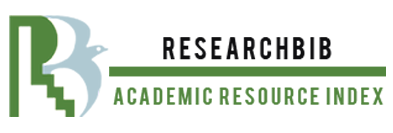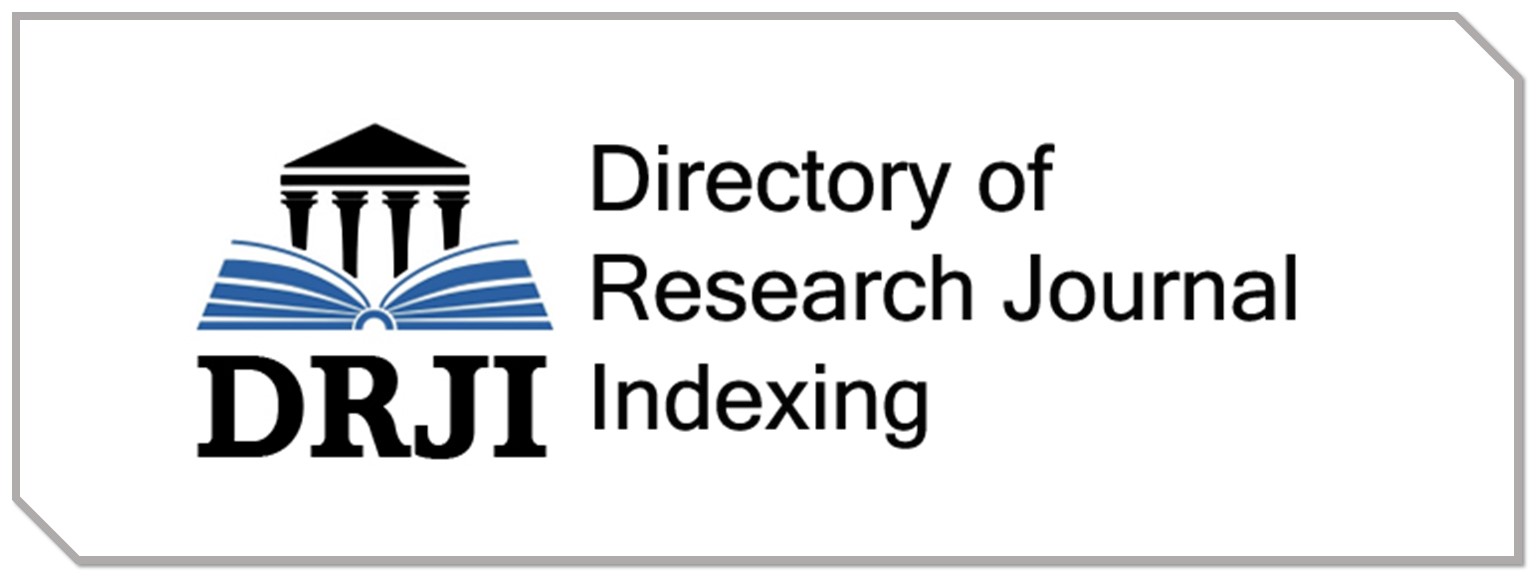Formulaic Language in Formal and Informal Contexts (Comparison in Uzbek, Russian, English)
Keywords:
Formulaic language, Fixed expressions, Formal contexts, Informal contexts, Uzbek, Russian, English, Communication, Fluency, Cultural reflectionAbstract
This article analyzes formulaic language in formal and informal contexts in Uzbek, Russian, and English. It highlights how fixed expressions enhance fluency and communication, emphasizing their roles in professionalism and familiarity. The study underscores the cognitive, cultural, and social functions of formulaic language, demonstrating its importance for effective communication and language learning.










